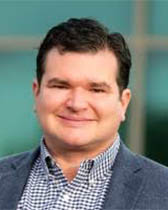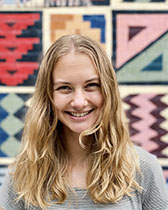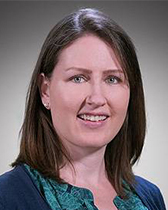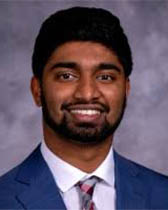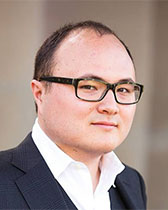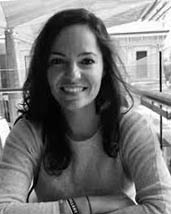
Catherine Abou-Nemeh
Class of 2005
Adjunct Major - Science in Human Culture
"I graduated from Northwestern with a double major in Science in Human Culture and Communication Studies in 2005. I am deeply grateful to Science in Human Culture for encouraging my initial passion for history of science and for providing wise counsel on graduate school. Thanks to their guidance, I continued my studies in the doctoral program in the History of Science at Princeton University. The SHC program at Northwestern instilled in me the value and methods of an interdisciplinary approach to the study of science, medicine, and technology. In May 2012, I successfully defended my Ph.D. dissertation on the enigmatic, Dutch-born lens maker Nicolas Hartsoeker (1656-1725). This summer, I was a Dibner Research Fellow in the History of Science and Technology at the Huntington Library in Pasadena, CA. I'm currently a Lecturer in History at Princeton, and preparing a book chapter on the reception of Newton. And my love for history of science continues." Catherine is a lecturer in the School of History, Philosophy, Political Science and International Relations at Victoria University in New Zealand.

